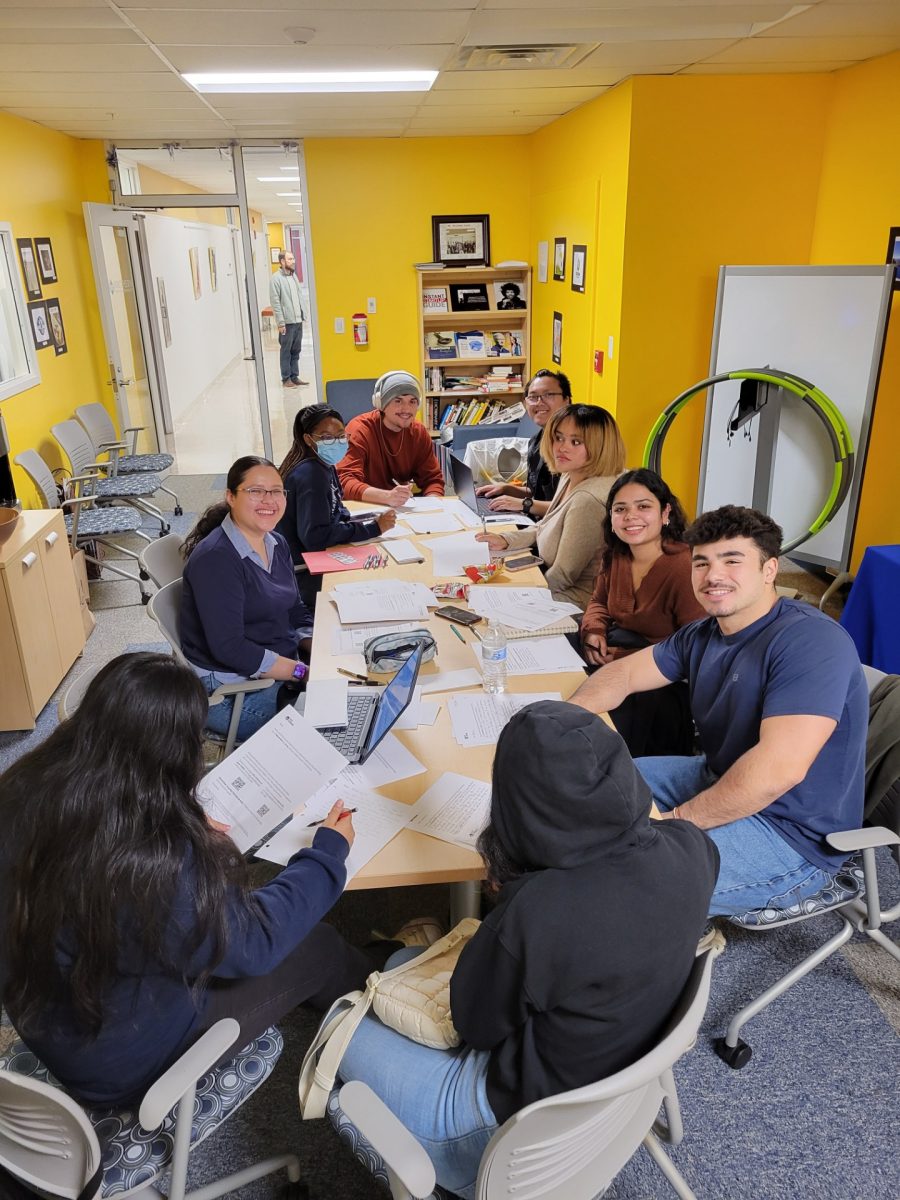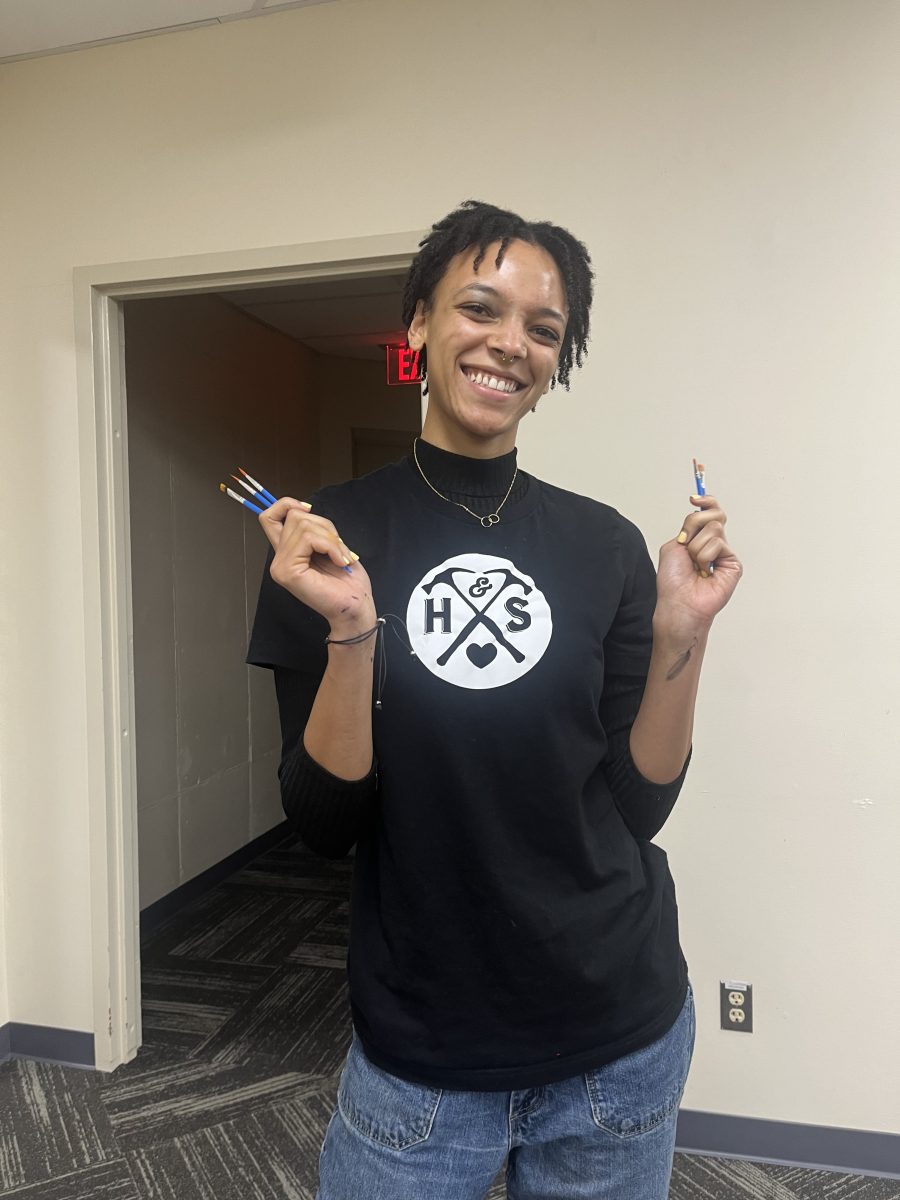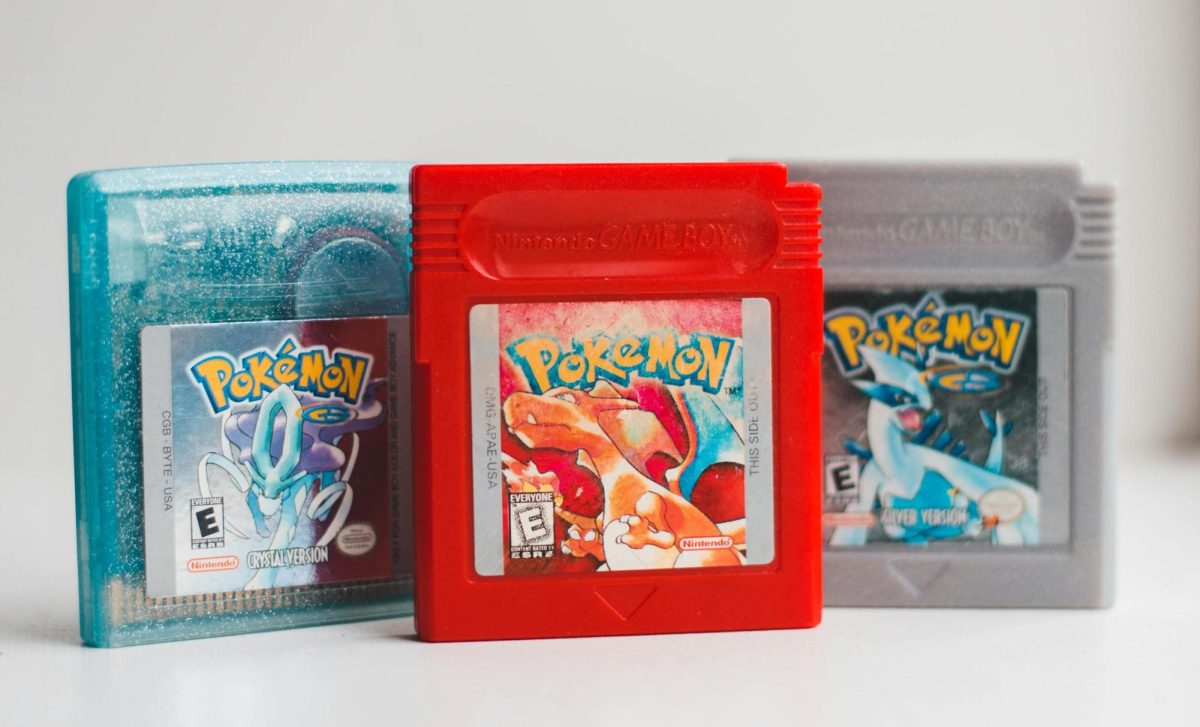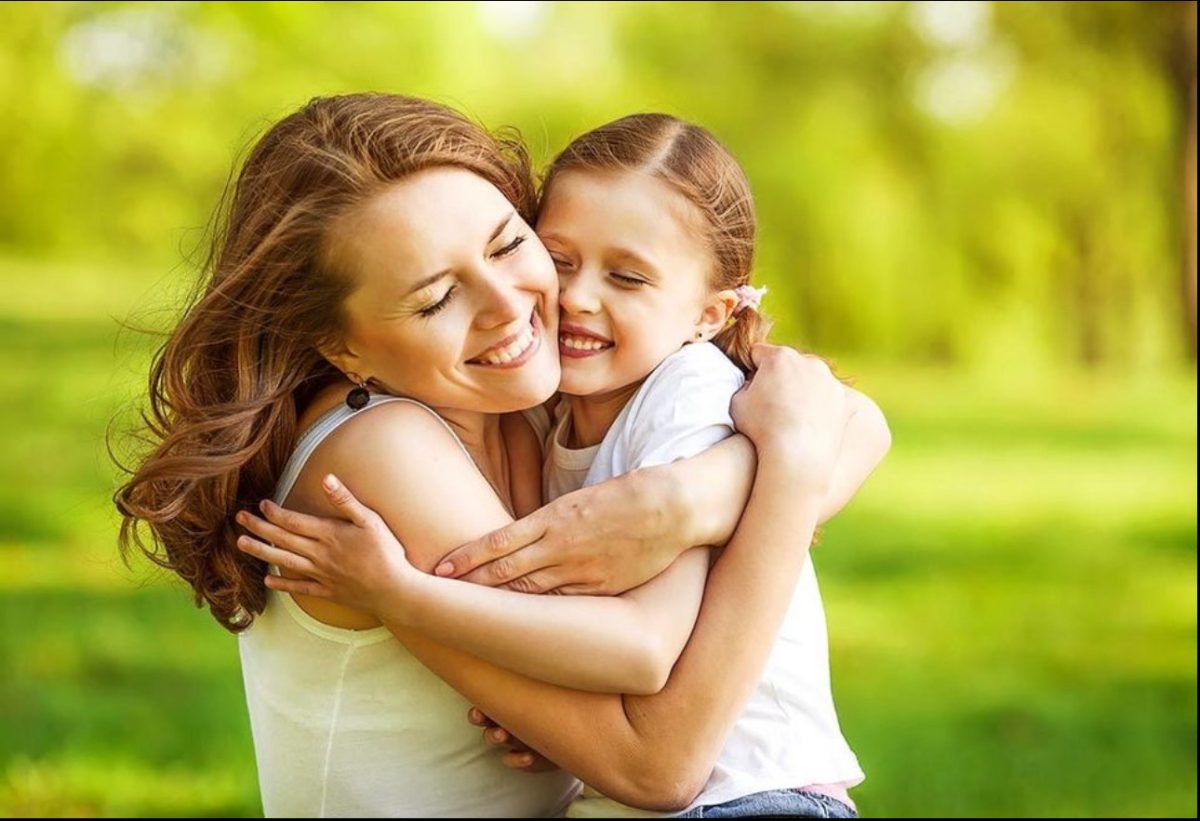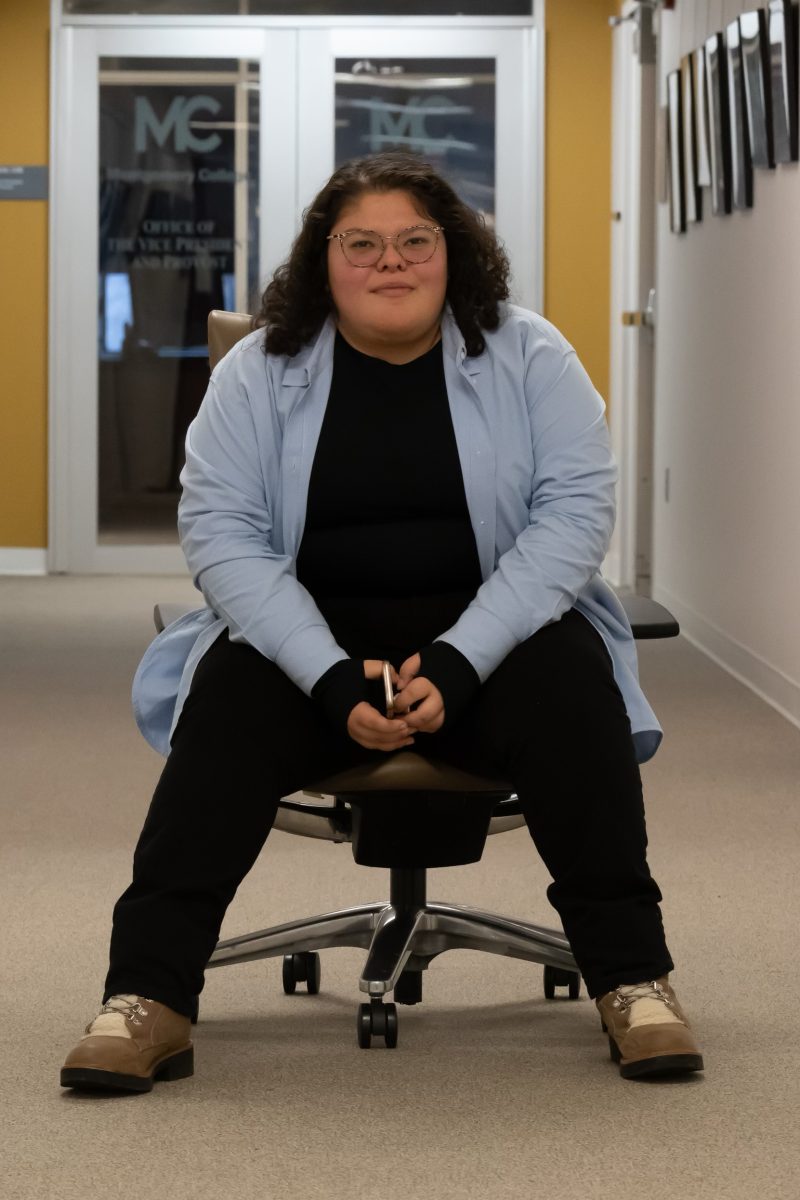As kids, we’re naturally free and readily embrace both ourselves and the world. We’re very happy in our wild outlook of the world. Developmental psychology states that middle childhood, ages 7 to 11, is the happiest age in our lives because of our relatively high well being and low emotional volatility. It’s not that we can’t ever be happy as we get older, but this joy and love comes so easily in our little youths.
Unfortunately, our cognition is primed from birth to conform to our environment’s expectations and learn whatever we can to survive. This means that even if such knowledge is a deeply rooted and painful lie, we will internalize it anyway without much regard for the truth. Toddlers develop reflected appraisals, which are tendencies to define ourselves based on others’ opinions and treatments of us regardless of whether they’re direct or not. They believe false statements very easily, and their healthy self-esteem is mostly dependent on others’ positive and constructive evaluations. From 5 years of age, kids also learn how to compare themselves to others, which could result in feelings of inadequacy and a constant need to be superior to everyone else. By age 8, kids will develop self-perception, which is the habit of judging our actions based on how we judge others’. Having a negatively judgmental mindset not only inhibits compassion and understanding towards others, but also ourselves. Kids may also learn to seek approval even at the cost of their positive self-esteem. The overall cause of unhappiness seems to be self-rejection, when we refuse to accept who we are and fixate on our flaws instead of nurturing our strengths.
As adults, our happiness is obstructed by the constant need for survival. This manifests as the constant endurance of heavy responsibilities, from our need to maintain our finances to avoid poverty, our obligation to care for our families, and our academic or professional pressures to maintain high scores or levels of productivity – the latter two directly affects our ability to make enough money to literally sustain ourselves (we face the high risk of passing away if we don’t have stable sources of nourishment, shelter, and medical care).
Self-rejection is the root of all physical, emotional, mental, and spiritual troubles; however, the positive truth is that we can always learn to love ourselves and be free at any stage in life. It isn’t a matter of “if”, it is a matter of “when”. We were very happy as little kids, that is true, but we also didn’t automatically know how to not take that self-acceptance, love, and happiness for granted. As adults, we can feel and remember what personal repression feels like, and just how free and clear we can be as we free ourselves from our own chains. Adults can learn to nurture that love in our heart and make sure it flows true.
I properly and intentionally began to nurture happiness during college, when I decided to stay in the present moment and pay attention to my emotions and the physical sensations in my body. I paid attention to feelings of overwhelm and anxiety as well as my muscle stiffness and fatigue. I take good care of my physical health, even if I don’t always exercise. I only completed assignments as effortfully as I needed to, often a couple days before the due date (I like to call this “strategic procrastination”) so I could conserve as much free time as possible for unwinding. I looked twenty yards outside for twenty seconds after spending twenty minutes looking at my computer screen – or at the very least have breaks after I complete sections of textbook notes. I used a desk riser to maintain my posture so I wouldn’t have back problems or stiff muscles. I try to go outside and move around under trees in fresh air. I’m making use of my love for psychology to understand my mind better to support my mental health. I stretch often because stiff muscles reinforce anxiety. I remain close with my family and friends and I know I can reach out to them if I feel overwhelmed by any problems. I let myself know that I am free to let go of the tension that comes from stress.
The past year or so, I’ve actually felt multiple brief periods of joy and relaxation, and I am aware that I often return to an anxious attitude because of times I relapse into negative study habits. I am not perfect, and I acknowledge the possibility that I may continue to feel stressed after I graduate tertiary education and work a proper job. But I let go of what I can and can’t control, and all that matters is that I do my best everyday to live well and love myself unconditionally.
I don’t generally try to speak for or preach to anyone, but I think life feels really good and meaningful when you love yourself and see the best of every day. I love kids because of how easily happy they are when compared to adults, but I do acknowledge that adults have the ability to learn from their mistakes and bring out their best selves. I think that adults’ happiness is just as meaningful because it comes from intentionally nurturing it every day, until the time comes when adults can more quickly and smoothly recuperate from life’s adversities.


